The 5 Biggest Myths About Decaf Coffee: Debunking the Miscafceptions

The 5 Biggest Myths About Decaf Coffee: Debunking the Miscafceptions
Decaffeinated coffee, often referred to as decaf, is a popular choice for those who love the taste of coffee but want to avoid the stimulating effects of caffeine. Despite its popularity, many myths surround decaf coffee, leading to confusion and misconceptions. Let’s take a closer look at the five biggest myths about decaf coffee and set the record straight.
Myth 1: Decaf Coffee is Completely Caffeine-Free
Fact: Decaf coffee is not entirely free of caffeine. While the decaffeination process removes most of the caffeine, a small amount still remains. On average, an eight-ounce cup of decaf coffee contains about 2 to 5 milligrams of caffeine, compared to the 95 milligrams found in a regular cup of coffee. Although it's significantly lower, it's important for people who are highly sensitive to caffeine to be aware of this.
Myth 2: Decaf Coffee Tastes Bad
Fact: Many people believe that decaf coffee tastes inferior to regular coffee. However, advancements in decaffeination techniques have greatly improved the flavor profile of decaf coffee. Today, high-quality decaf coffee can offer a rich and satisfying taste that is nearly indistinguishable from its caffeinated counterpart. The key is to choose premium decaf coffee beans and ensure proper brewing techniques.
Myth 3: Decaf Coffee is Less Healthy
Fact: Some people think that decaf coffee is less healthy than regular coffee because the decaffeination process might strip away essential nutrients. In reality, decaf coffee retains most of the antioxidants and beneficial compounds found in regular coffee. Studies have shown that decaf coffee can provide similar health benefits, such as reducing the risk of certain diseases, improving liver health, and providing antioxidants that help fight inflammation.
Myth 4: Decaf Coffee is Made with Harmful Chemicals
Fact: There is a misconception that decaf coffee is processed using harmful chemicals. While it's true that some decaffeination methods use solvents like methylene chloride or ethyl acetate, these chemicals are removed before the beans are roasted. Additionally, there are chemical-free decaffeination processes, such as the Swiss Water Process, which uses only water to remove caffeine. Consumers concerned about chemical exposure can opt for decaf coffee that uses these safer, natural methods.
Myth 5: Decaf Coffee is Only for People Who Can’t Handle Caffeine
Fact: Decaf coffee is often seen as a lesser option reserved for those who are sensitive to caffeine. In reality, many people choose decaf for various reasons, including reducing overall caffeine intake, avoiding caffeine-related sleep disturbances, or simply enjoying coffee later in the day without the jitters. Decaf coffee provides the same enjoyable experience without the potential downsides of caffeine, making it a versatile choice for any coffee lover.
Conclusion
Decaf coffee often gets an undeserved bad rap due to prevalent myths and misconceptions. By understanding the truths behind these myths, you can appreciate the benefits and enjoy the flavor of decaf coffee without hesitation. Whether you’re looking to cut back on caffeine or just want a cup of joe that won't interfere with your sleep, decaf coffee can be a delicious and healthy choice.
No comments

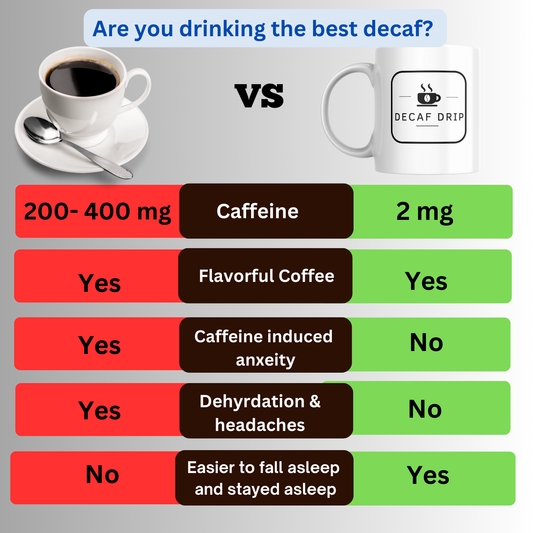


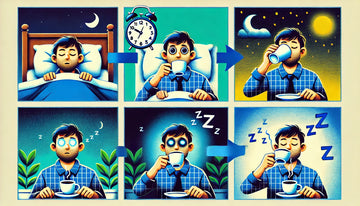
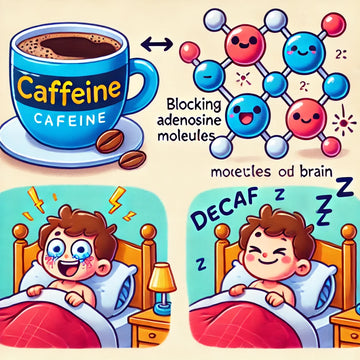

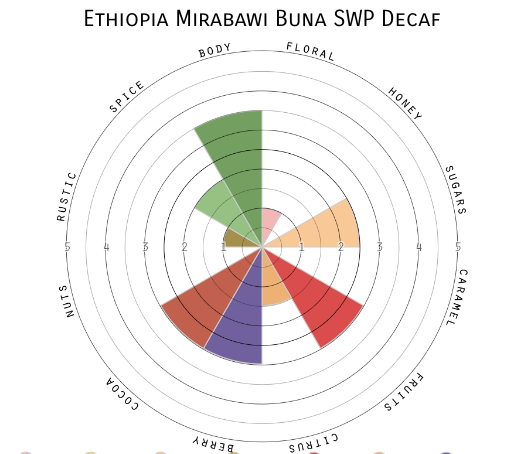


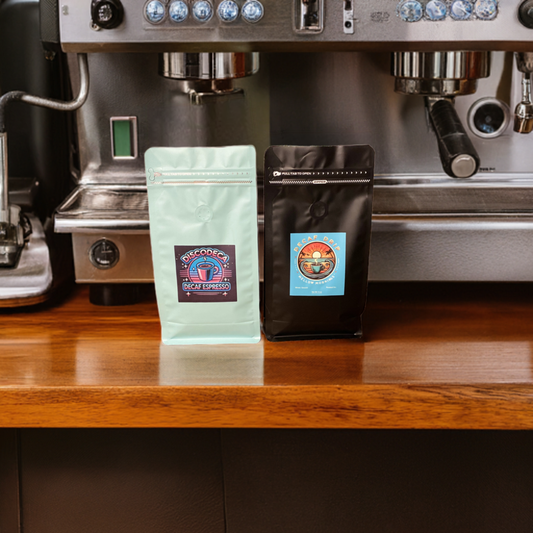
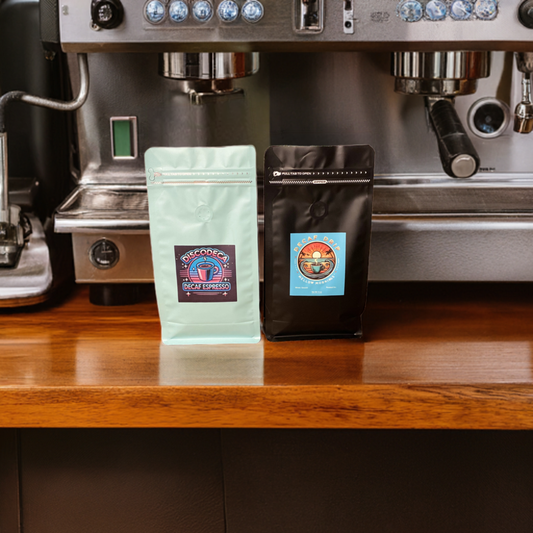









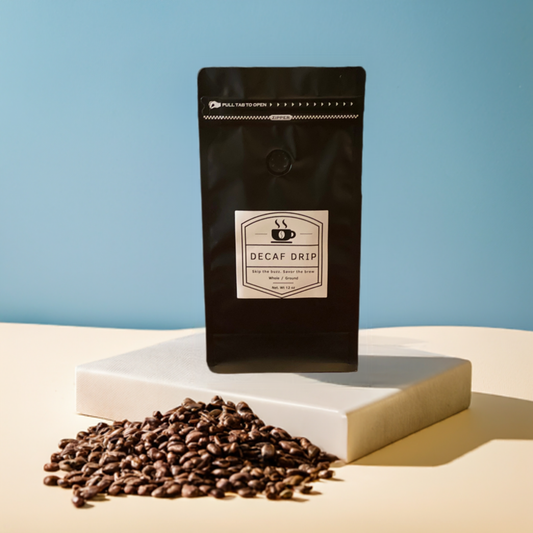
0 comments